by Reuben Abati
It is a goldmine season for Nigerian lawyers, mealtime, boom time as every election season has been, but now more than ever. Every electoral process, pre- during, and after – often provides opportunities for aggrieved politicians to take their disputes to court, and over the years this has been so much the pattern that lawyers often brandish the elementary fact that election petitions are sui generis, that is that they are in special category of their own, unique, peculiar. The originating process for election cases is the filing of petitions based on the framework provided in party guidelines, the Electoral Act and the Constitution, the basic law, and in accordance with stipulated rules of procedure. Some lawyers – from the ordinary ambulance chaser to the Senior Advocate of Nigeria have so mastered the game that most politicians know who to go to when it is election time, and which judges and courts to consult. Many senior lawyers have their pre-eminence built on their reputation to pursue election petitions.
The net effect is that many politicians, veterans of election petition cases, have also become bathroom lawyers. These persons are so adept at the tactics of election litigation that they sometimes sound smarter than the counsel, when it comes to forum shopping, they resort to obnoxious ex parte applications and how to get judges to descend into the arena and pollute the temple of justice. It is such time again and we have seen signs of this as litigants are now taking pre-election disputes to High Courts. One major feature of the new Electoral Act 2022, which became effective in February 2022, is that pre-election cases are now to originate from the Federal High Courts, but even striking is how the new law provides so many grounds for likely litigations. In 2015, after the election, it was observed that litigations were few. In 2019, there was quite a number. In 2023, there would be a deluge, and the catalyst for this would be the contradictions and omissions in the Electoral Act 2022 which repealed the 2010 Electoral Act.
I should not be misunderstood. The review of the country’s electoral framework was a major subject of advocacy by the Nigerian civil society, lawyers, politicians, the media and stakeholders. Nigerians wanted an electoral system that would address the people’s grievances, as defined by omissions in previous electoral cycles, and the need to bring Nigerian democracy at par with best practices elsewhere, if not exactly, but at least to strengthen the credibility of the process, through technology, and the power of the people to make informed choices. Previous attempts to repeal the Electoral Act 2010, ahead of the 2019 elections failed. The 8th National Assembly could not find a common ground with the Executive as the President picked issues with language, timing and the contents of the proposed amendments. He rejected the Bill three times. When it became clear that the rigmarole would not end and that the elections were around the corner, the Buhari government claimed that it was better to avoid “uncertainty”.
The popular opinion on this was that the government was not ready for any reform, and would rather play safe to retain power under familiar electoral arrangements. But the agitation for electoral reform did not subside. The pressure remained so strong that the succeeding 9th Assembly that assumed office in June 2019 had to declare as one of its major priorities, a new electoral framework consequent upon a repeal of the Electoral Act 2010. In November 2019, the duo of Senator Ovie Omo-Agege (Delta Central) and Senator Abubakar Kyari (Borno North) moved the motion on the floor of the Senate for the required exercise. In February 2022, the outcome of the process, including public hearings, debates and harmonization between both Chambers of the National Assembly, a new Bill was sent to the President for his assent. When it appeared as if the President was not going to act within the stipulated time frame or that he would attempt to veto the Bill or raise objections that would amount to a repeat of the debacle of 2018, civil society groups who had been active participants in the process trooped to the streets. Opposition parties made an issue out of the President’s tardiness. Even members of the ruling party became rebellious over the right mode of party primaries that should be adopted in order to ensure a level playing field and check the menace of overbearing state Governors and party overlords who use influence, cash and the power of incumbency to subvert internal party processes.
In the end, the President signed, although with an advisory that the National Assembly should amend Section 84(12) of the Act which in his reckoning violates Section 42(1) of the 1999 Constitution. The lawmakers amended the mode of primaries providing for direct, indirect and consensus options with a strict construction of the meaning of consensus. I shall return to this anon, but for now it is to be said that the redefinition of the Electoral framework was a sort of self-redemption for President Buhari and his administration. Electoral Act 2022, like the Petroleum Industry Act (PIA) and the Discrimination Against Persons Living With Disabilities (Prohibition) Act would be remembered as part of his legacy. The Electoral Act is also a kind of victory for civil society, its persistence and the solidarity of other stakeholders. For the National Assembly, it is a sort of vindication; for once, Nigerian lawmakers, the class of 2019 in Abuja acted intentionally and with courage. Before then, time, money and energy had been wasted to the consternation of the public.
The law also came as a great relief, in part because of some of the game-changing provisions therein, to wit: Section 3(3) which says that funding required for a general election must be released not later than one year before the elections. This makes sense but I doubt if the provision has been complied with. Section 8(5) – on the complete neutrality of INEC officials; Section 29 on early conduct of party primaries and submission of list of candidates; Section 34 on the substitution of candidates in the event of death in an election; Section 47: which legalizes the electronic accreditation of voters; Section 50: which allows for electronic transmission of results; Section 54 (2) which allows for the participation of persons with disability; Section 51 which redefines over-voting; Section 65: gives INEC the powers to challenge any fabricated results and declare same void; Section 94 on early commencement of campaigns, 150 days before polling day. These are some of the top provisions in the Act, although there are oversights as well: the failure to include independent candidacy which is now one of the 44 Bills in the Constitution amendment process, diaspora voting which has been overlooked in both instances, and the failure to agree on an Electoral Offences Commission.
But very early in the day, we are beginning to see how controversial the new law may turn out to be. No law is perfect, but this is a landmine for litigations. First, Section 84 (12) which says basically that political appointees must resign their positions ahead of the party primaries in order to create a level playing field for all delegates and aspirants. This particular provision has pitched state governors and the Federal Executive against the National Assembly resulting in litigations from Umuahia to Abuja. The Federal High Court in Umuahia in a matter brought before Justice Evelyn Anyadike by Chief Nduka Edede ruled that Section 84(12) is unconstitutional, illegal and void to the extent of its inconsistency with Sections 37, 42, 66, 107, 137 and 182 of the 1999 Constitution. The Court ruled that the Office of the Attorney General of the Federation should delete the said Section 84 (12) from the Electoral Act. Neither the National Assembly nor the Electoral Commission was joined in the matter. The former engaged the services of Kayode Ajulo Esq. to file an appeal, and after seeking leave of the Umuahia Court which was granted, Ajulo has since filed appellate processes. While that was pending, the Peoples Democratic Party had also filed an appeal in the matter in a suit titled Peoples Democratic Party (PDP) vs. Chief Nduka Edede and Attorney General of the Federation (AGF). On May 11, the Court of Appeal, Owerri Judicial Division, sitting in Abuja ruled in this particular case.
The ruling of the Court of Appeal has created more confusion than anything else, and it is perhaps the structure of the judgment itself that is responsible for this. The text of the lead judgment (there were no dissensions) began with declaratory affirmations that went beyond the main prayers before the court. Whereas it is elementary law that judges can express opinions, obiter dictum, what is of moment is the main substance of the case, the ratio. In this case, after considering the facts of the case, and the issues, the Appeal Court ruled that the High Court in Umuahia lacked jurisdiction and that the plaintiff, lacked locus and a cause of action. In effect, the case in Umuahia which Federal Ministers and others have been relying upon for protection was a nullity. But the same Court of Appeal then went further to say if this had not been the case, it would be proper to declare Section 84(12) unconstitutional. They opined that the matter would be best resolved by the Supreme Court. The media and interested politicians took the Court’s comment and went to town with it. It is not the duty of the Court to play Father Christmas. The Court must speak with clarity, and refuse the temptation to go on a frolic of its own.
What is further curious is the report in the newspapers, yesterday, that since April 29 President Muhammadu Buhari and AGF Abubakar Malami had gone to the Apex Court to seek an order of the Court to strike out Section 84(12) of the Act. The National Assembly has also filed a counter-affidavit. But what is the interest of the Federal Government in this matter seeking to invoke the original jurisdiction of the Supreme Court? It would seem in this instance that what the Federal Government is doing is trying to take a second bite at the cherry. The President having granted assent to the Electoral Bill 2022, has already exercised his discretion. To have assented accordingly and now go to the Supreme Court is a most unusual move. The executive is at liberty to send further amendments to the National Assembly, to do otherwise would amount to self-indulgence. In yet another case filed by Mike Ozekhome, SAN on behalf of the Governor of the Central Bank, Godwin Emefiele, which has now been withdrawn, the constitutionality of the same Section 84(12) was also raised by counsel. We certainly have not heard the last story on the matter of Section 84(12).
Similarly, Section 84(8) of the Electoral Act 2022 has also raised concerns. The National Assembly suspended its recess and returned to give “expeditious consideration” of the Section 84 (8), to modify it. In the process of amending the Electoral Act, the lawmakers had forgotten to include statutory delegates in the list of those who could be delegates at party primaries. Section 84(8) refers to democratically elected delegates as persons who can participate in party primaries and conventions; having now realized that they had written themselves out of the law, the lawmakers sought to correct that oversight. This is a reinstatement of a similar provision in the Electoral Act 2010. Otherwise, it would have meant that the President, the Vice President, Members of the National Assembly, Governors and their Deputies, members of State Houses of Assembly, Councillors and other elected officials would have been excluded from the party primaries, not being delegates. But there are landmines here, and the most prominent being the likelihood that the President may not grant his assent to it before the commencement of the election of delegates. The two major political parties have fixed their conventions for the end of the month. Should the President sign after the election of delegates, it means that any special delegate that participates in the Conventions would have violated the same law. That will be a case of the law having retrospective effect which could become a ground for litigation by qualified persons challenging the validity of such participation. It is a potential source of dispute.
The same can be said of Section 84(3) of the Electoral Act which says that neither the party nor INEC can disqualify a candidate except through a court of law. As follows: “A political party shall not impose nomination, qualification or disqualification criteria, measures, or conditions on any aspirant or candidates for election in its constitution, guidelines or rules for nomination of candidates for elections…” This section of the Electoral Act is meant to check the excesses of political parties. Political parties often insist on the authority that they are entitled to conduct their own affairs without any interference by the courts except where it can be established that party rules or the laws of the land have been violated. In the on-going process, political parties have been screening candidates, and we have had many aspirants claiming that they are loyal party members and would abide by what the party says. There are persons who have also been told that incumbents have been anointed for another term and no one should bother to challenge them, and certain persons may be expressly disqualified on this. If an incumbent is not doing well, should any party talk about offer of first refusal or impose the incumbent? We can only expect many cases in court over this, beginning with the pre-election dispute already declared by a PDP member, Mr. Cosmas Ndukwe who is asking the court to stop the PDP presidential primary on the ground that the party has violated its own Constitution on the issue of zoning.
While there is no doubt that the Electoral Act 2022 has introduced some reforms, it would certainly require further amendments. In repealing Section 31(5) of the Electoral Act 2010, the new law at Section 29(5) and 29(6) grants locus in matters involving false submission of information to only an aspirant who took part in the party primaries, not any person, and under Section 84(11) and (12), only the Federal High Court has jurisdiction over party primaries. The Federal High Court is likely to be overworked! Even when an observer has truthful information about a particular aspirant, he would be dismissed as a busy-body meddling into internal party matters. There would be busy days ahead for lawyers. Let them enjoy the harvest.











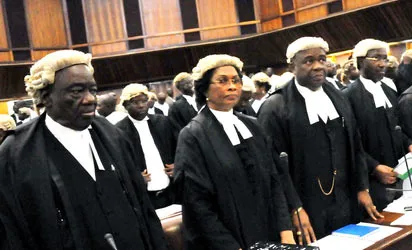







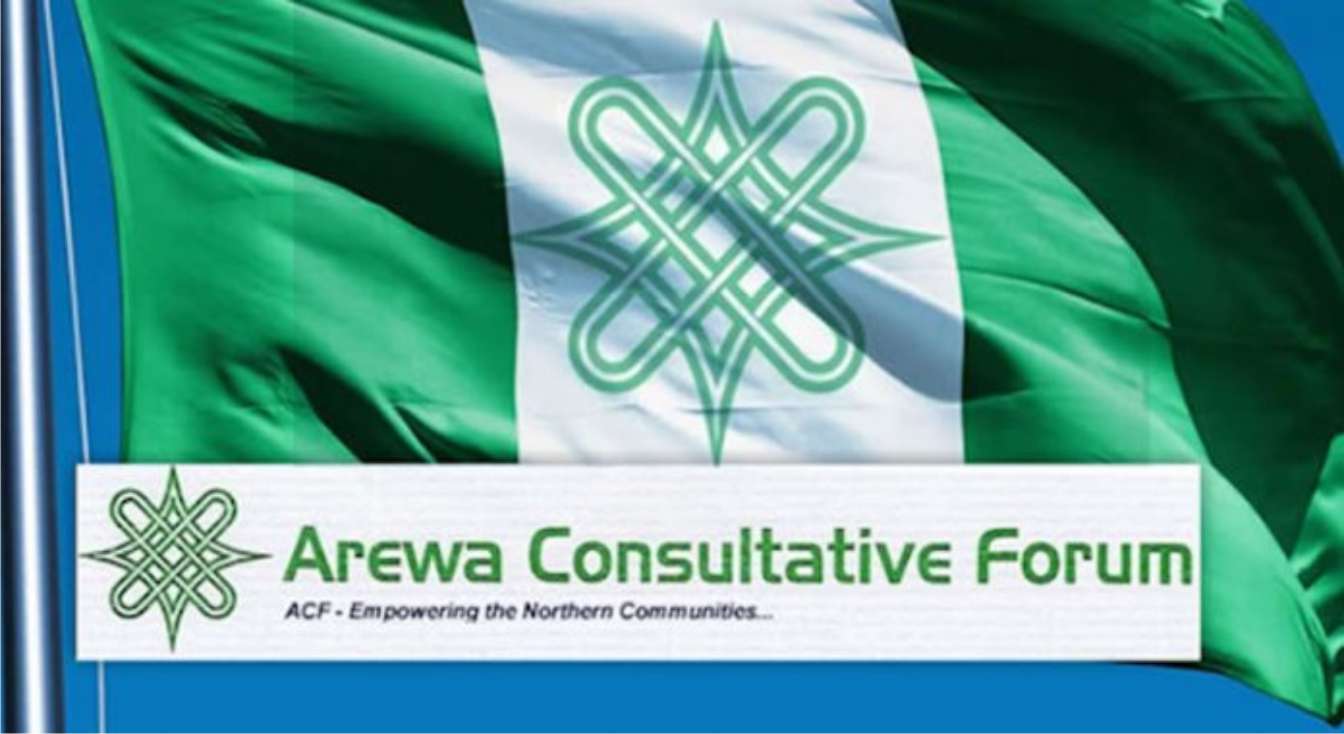
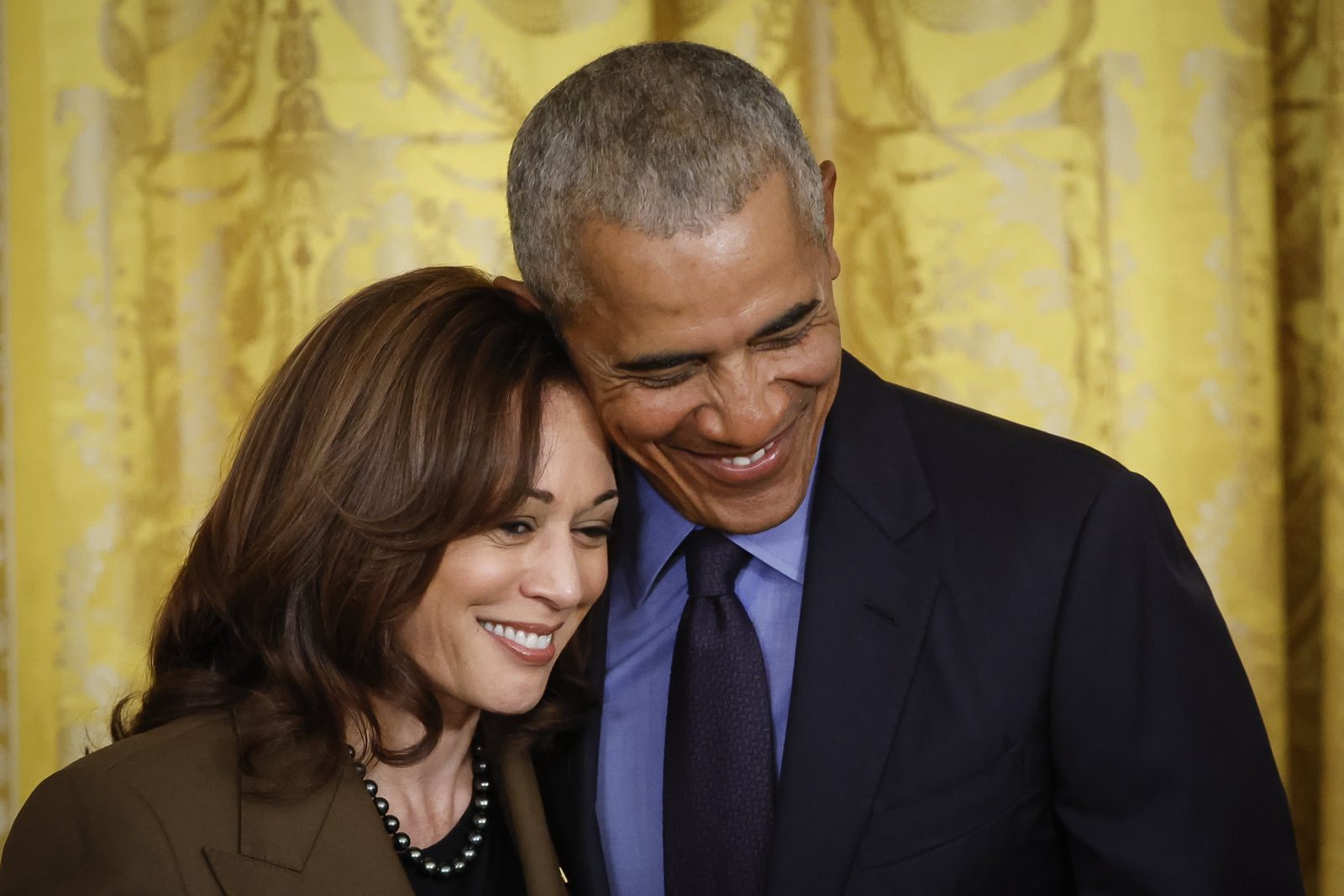


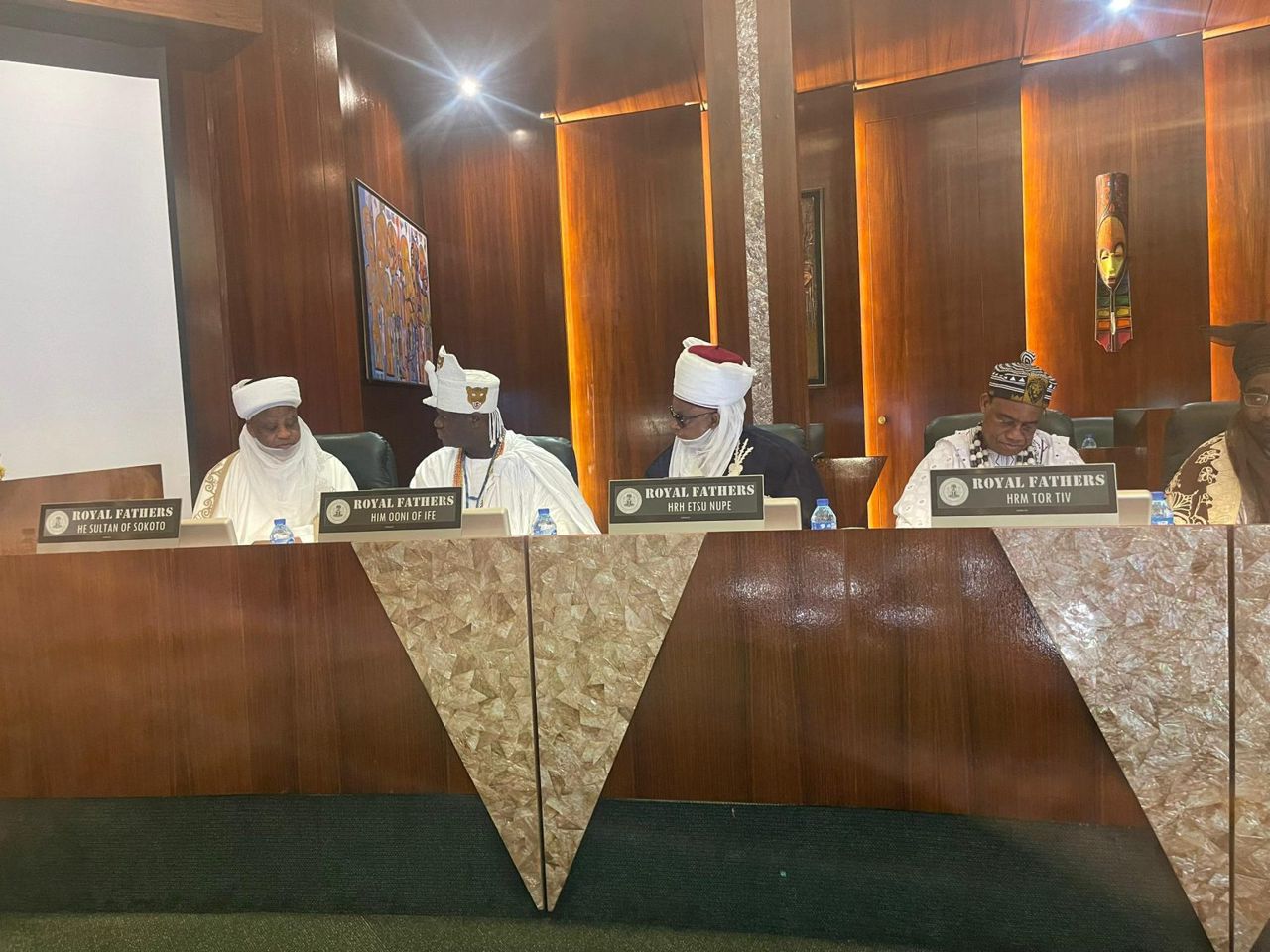



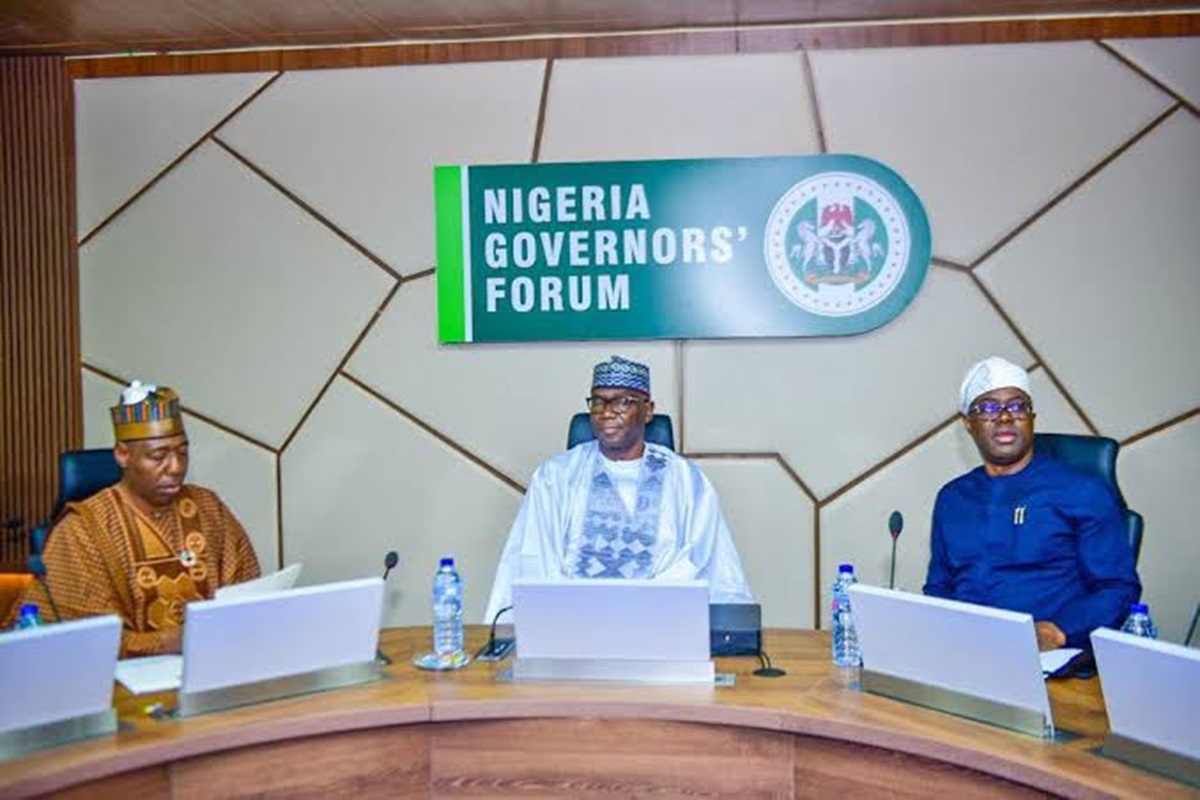
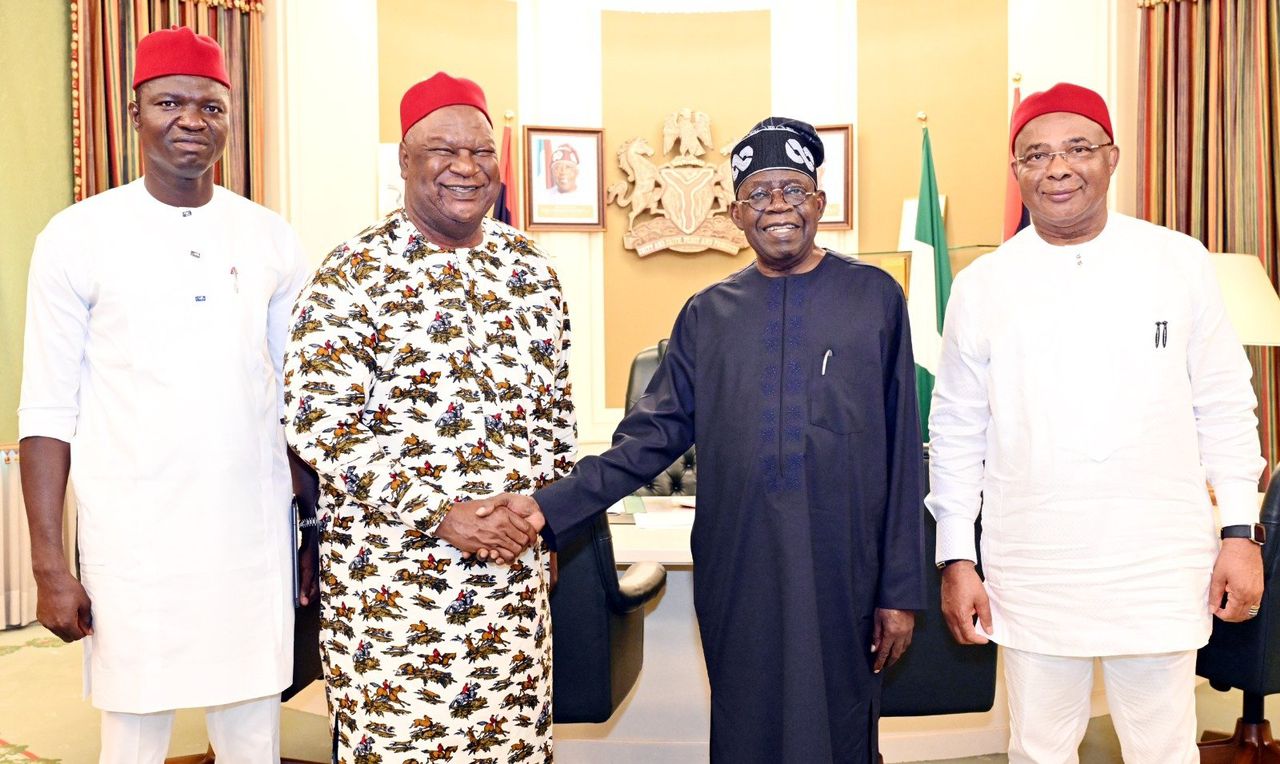

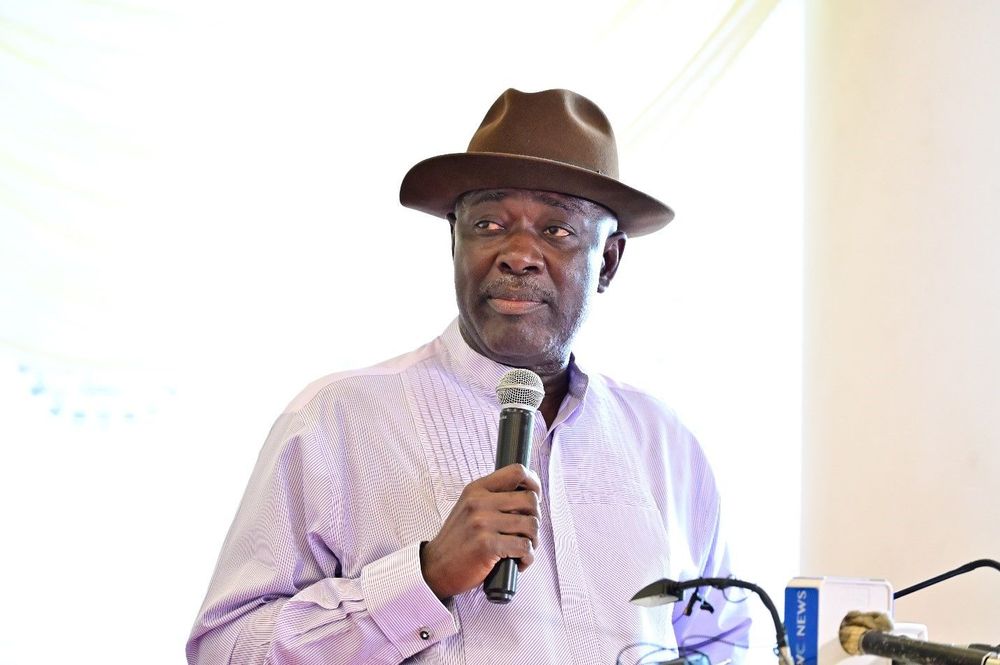


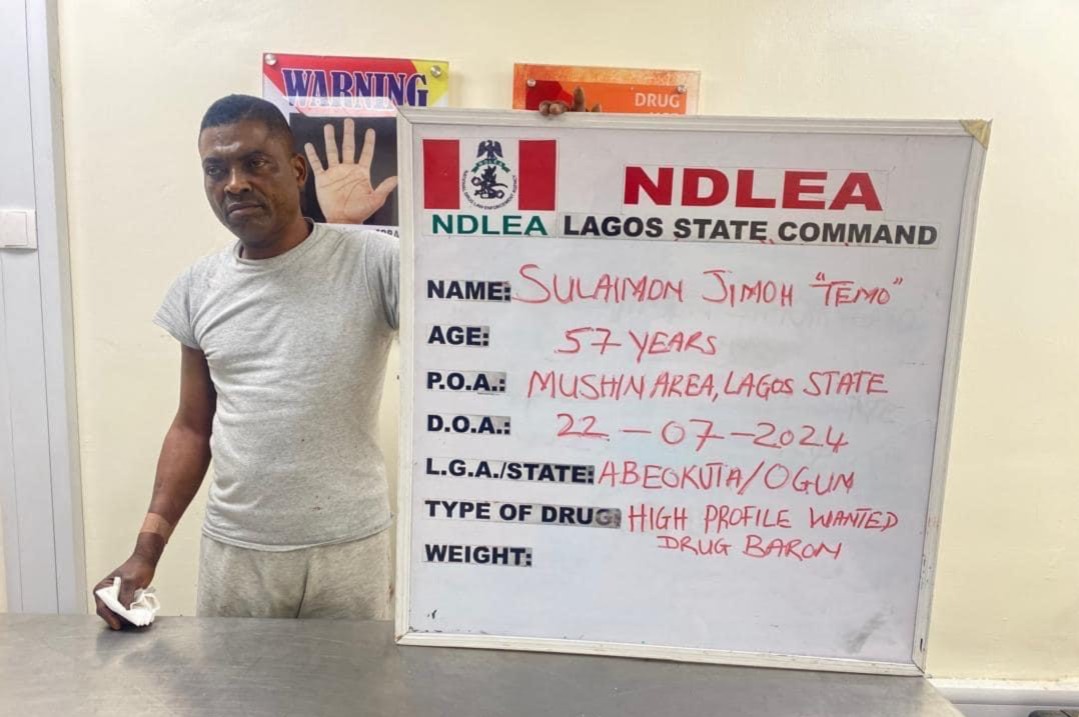

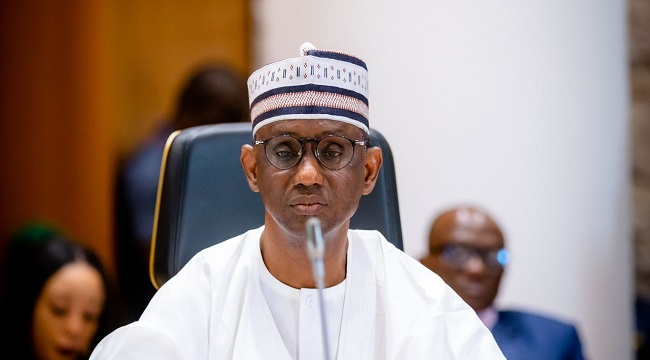
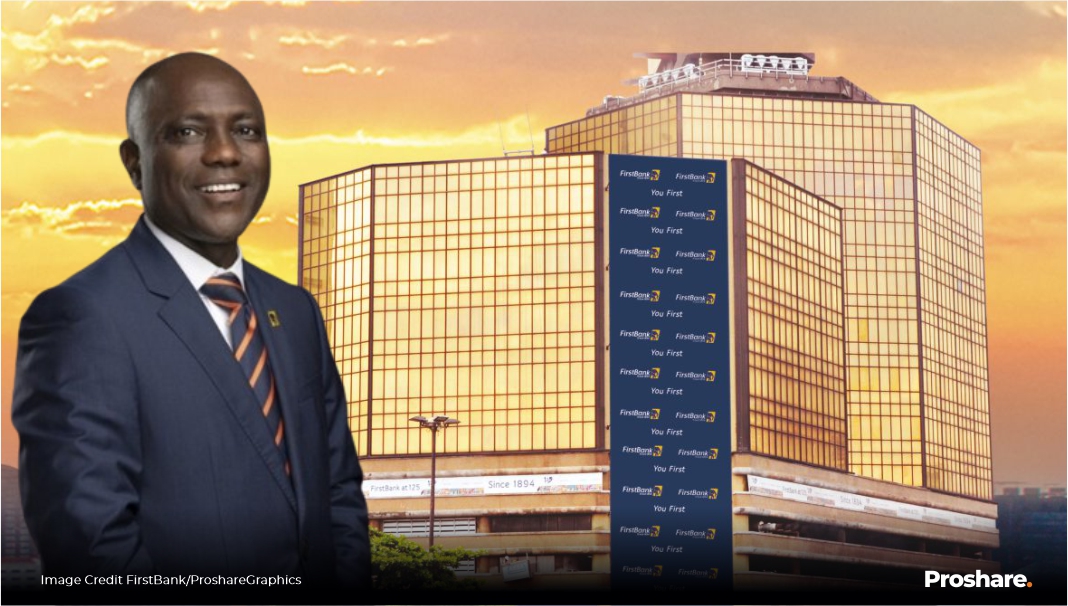
Leave a comment